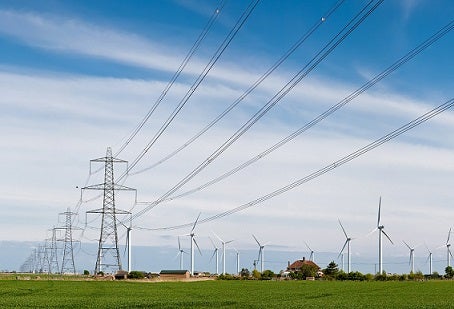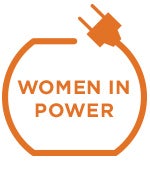When most of us think about military operations, we think of tanks rolling across a desert, large aircraft carriers on the ocean, or long lines of Humvees in convoys. These vehicles, and their missions, take a lot of energy and are part of the large category of “operational energy use.” In fact, 75% of all military energy use is operational.
This operational energy use has created a massive dependence on fossil fuels, resulting in some unintended consequences, which:
- Cause ships, planes and vehicles, like tanks, to cease operations during refueling. This takes time and keeps the vehicle from completing its mission. Fuel convoys are also prime targets for ambushes and improvised explosive devices (IEDs).
- Bind the military to a volatile commodity with changing prices and an unstable future.
- Exacerbate climate change, an issue that U.S. Defense Secretary Chuck Hagel recently called a “threat multiplier.” According to Secretary Hagel, climate change will influence resource competition and “aggravate stressors abroad such as poverty, environmental degradation, political instability, and social tensions.” These stressors will increase the frequency, scope, and duration of future conflicts and, by extension, U.S. military interventions around the globe. Read More















